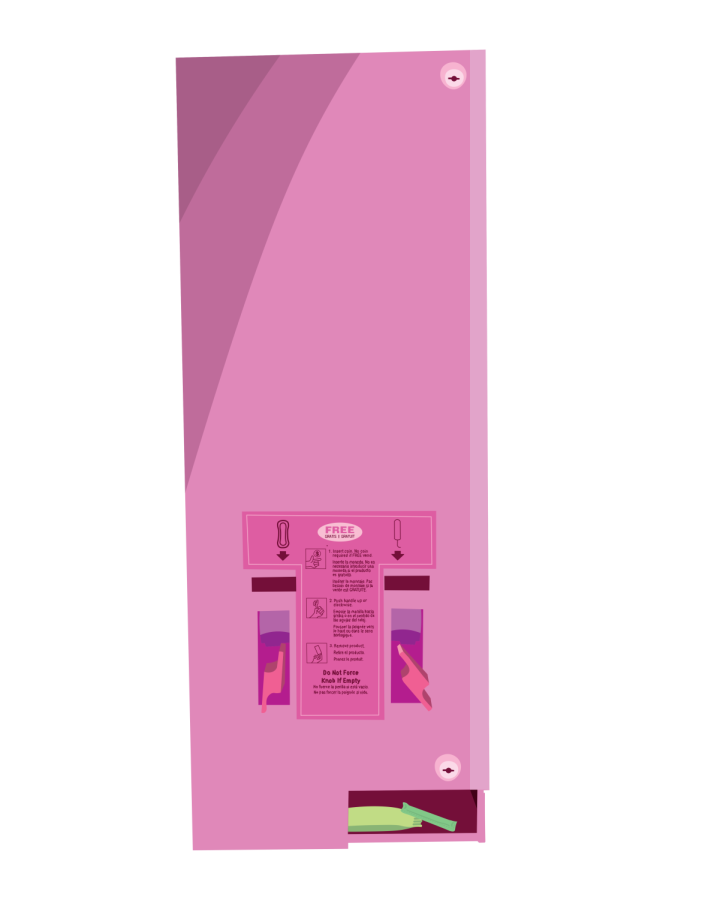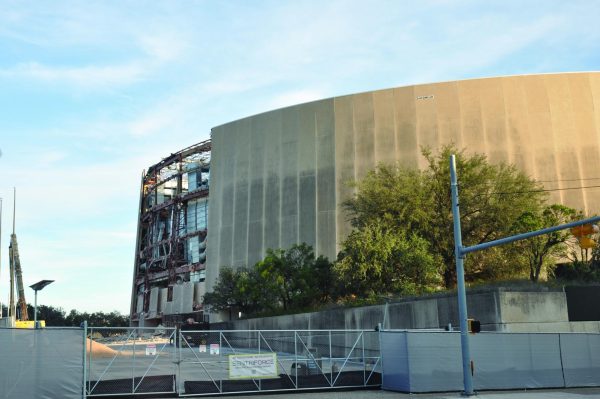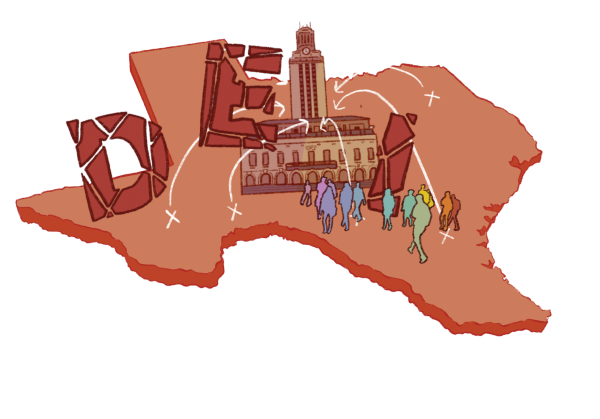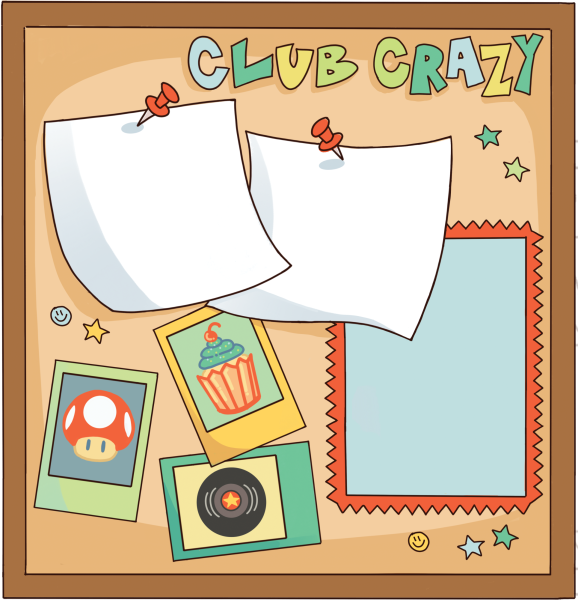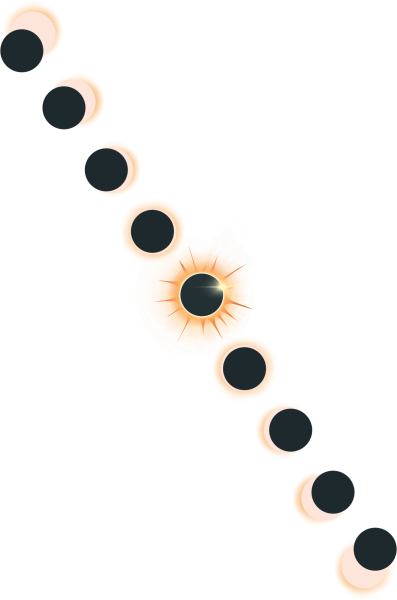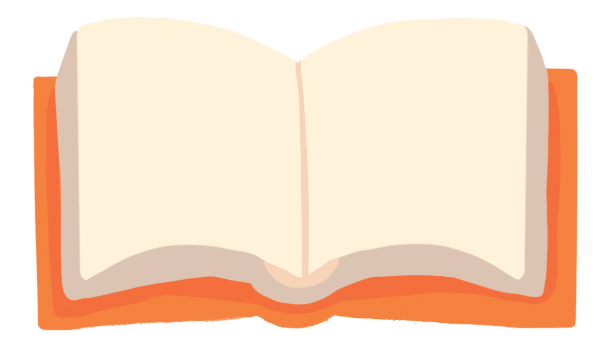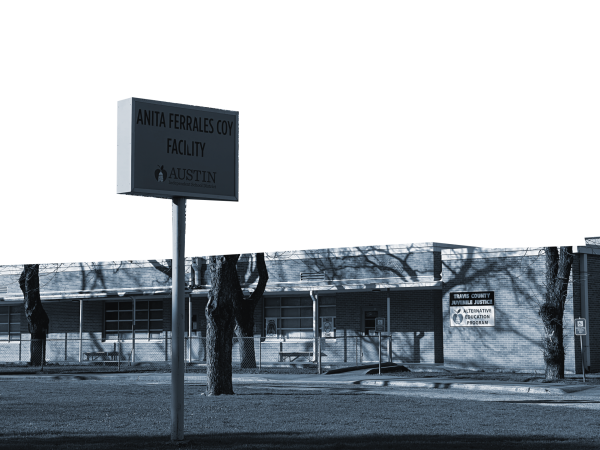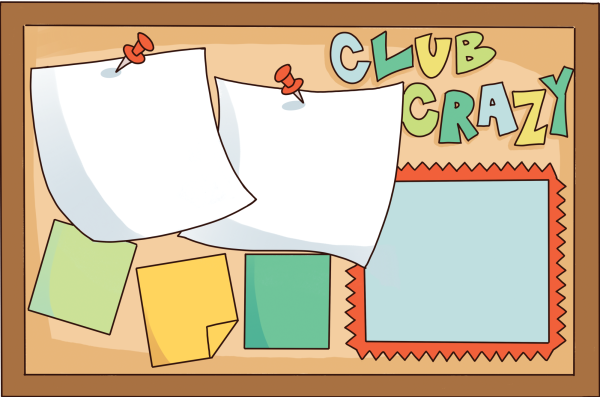LASA’s Bathroms are Fully Stocked. Period.
October 27, 2022
Austin Independent School District (AISD) has implemented new changes in schools, according to a district-wide announcement at the beginning of the year. One of said changes is free menstrual products provided for students who experience periods. Although last year LASA’s Women’s Rights club took it upon themselves to buy and provide menstrual products to the students at LASA, AISD will now be the one providing these products for students at no cost.
AISD has proceeded to create a policy where free menstruation products are now provided to all the schools in the district. Although AISD provides the products, LASA’s building manager Adela Sifuentes, who has worked at LASA for 11 years, says it’s her job to monitor the supply of products.
“I just need to make sure I order the products when we run out,” Sifuentes said. “Make sure that students and nurses are stocking up.”
Period Pals is a club that focuses on fighting period poverty, which is defined as a lack of safe and hygienic access to menstrual products, in the Austin area. Co-president Irena Li believes that AISD providing free menstrual products is a big step forward as one of the main causes of period poverty is not being able to afford menstrual products.
“I think it’s awesome and definitely a step in fighting period poverty,” Li said. “I think it’s doing a lot to help students realize the privilege we have to be a part of a school district with adequate funding to provide period products.”
Since the development is new this year, not many people have been properly informed, according to LASA wellness counselor Alicia Salinas. She says she believes that these new products will help people feel more comfortable at school, but she said she nor the student body was well informed in the process.
“I honestly didn’t know about it until I Googled it,” Salinas said. “I think more advertisements need to be made on AISD’s part.”
Although not many people are well informed, Salinas said it is still very significant for menstruating students who need these products. According to Salinas, menstrual products are both crucial in a person’s life, and expensive, which makes this new policy very helpful to menstruating students.
“I think it’s a big step to just acknowledge that one, they’re expensive, and for a family that has multiple menstruating people in their household, that money adds up,” Salinas said.
Sifuentes agrees that menstrual products can be costly. She said she thinks it’s beneficial to students to have free menstrual products.
“For us to be able to provide that, I think that’s a really good thing,” Sifuentes said. “I am happy that we can provide the product for students at no cost.”
According to Li, some students still struggle to get products at home. She says AISD making menstrual products available at school for free is not the end of the road for helping menstruating students.
“I think menstruating students should also keep in mind that our access to period products doesn’t end inaccessibility to period products for students at home or in neighboring school districts and Austinites in general,” Li said.
Li participated in a program that helped her learn what schools across different states are doing to support people who menstruate. What she learned at the program led her to the conclusion that although AISD starting to provide these products at school for free has been a huge step forwards in the right direction, there are still more things that need to be done.
“Over the summer I participated in a program where I was with high school students across the US.,” Li said.“A particular friend I made attends a public high school in Seattle, Washington where they have access to free condoms, free STD tests, and resources to help obtain other forms of birth control. It’s hard to see a future where LASA, AISD, or the state of Texas as a whole can provide resources like this due to politics and funding.”
With these changes being made, more ideas in which AISD and students combined can help menstruating students have been brought up. For example, Li has started to take action with her club Period Pals.
“If our upcoming fundraiser(s) generate enough money, I could see the club possibly providing heating pads or period packages that would include things other than just period products,” Li said. “I already spoke with Austin Public Health about possibly providing free condoms for Period Pals. There’s some pen-pushing and details that need to be worked out before that becomes a reality, though.”
Although all the possibilities in which AISD could help menstruating students are endless, AISD has just started creating these changes in the district. According to Salinas, because providing menstrual products is so new, not a lot of people have much insight into it. She believes that for AISD to continue to grow, and continue to take steps forwards to help menstrual students more information has to be given.
“That’s the next step if we’re going to offer it,” Salinas said. “How do we roll it out? How do we let people know about it?”

